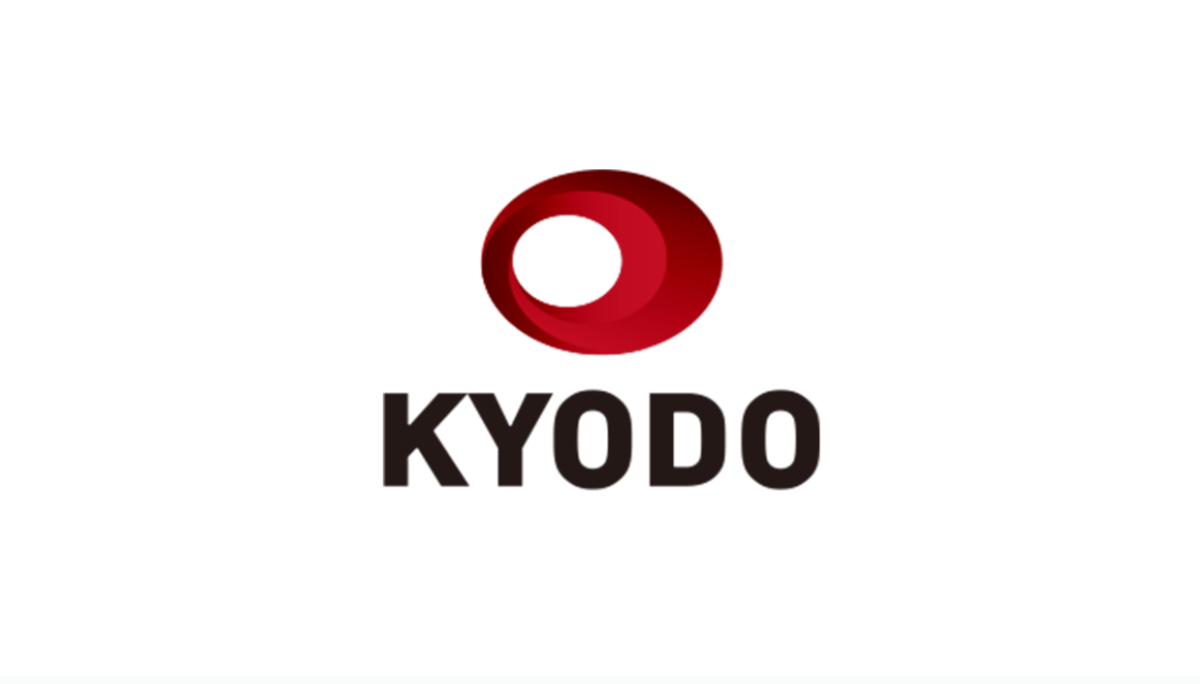TOKYO – Opposition-backed candidates are leading their ruling bloc rivals in Japan’s House of Councillors election, while a minor conservative party is gaining popularity as households struggle with cost-push inflation outpacing wage growth, a Kyodo News survey showed Sunday.
The poll, conducted over two days from Saturday, found 36.6 percent of respondents supported opposition contenders, compared with 20.5 percent for the ruling camp, with frustration over Prime Minister Shigeru Ishiba’s failure to boost consumer confidence apparently mounting.
The approval rating for Ishiba’s Cabinet fell to 25.4 percent, down 7.0 points from the previous survey, underscoring the possibility that his ruling coalition may not be able to retain a majority in the 248-seat upper house after the July 20 election.
Ishiba has defined victory as the ruling LDP and its junior coalition partner, the Komeito party, maintaining a majority in the upper house, as they have already lost control of the more powerful House of Representatives after last year’s general election.
In the nationwide telephone survey, 18.2 percent of respondents said they will vote for Ishiba’s Liberal Democratic Party under proportional representation, almost unchanged from the poll carried out over two days from June 28.
Support for the minor opposition group, the Sanseito party, which has drawn traction among conservative voters with nationalist and anti-establishment views under its “Japanese First” banner, rose 2.3 points to 8.1 percent.
The figure surpassed support for the main opposition Constitutional Democratic Party of Japan and the Democratic Party for the People.
Sanseito, launched in 2020, has three seats in the lower house, with its leader, Sohei Kamiya, claiming that globalization is the “reason behind Japan’s poverty,” as foreign capital is buying up land and company stocks.
Official campaigning for the upcoming upper house race began Thursday, with parties appealing to voters with contrasting positions on tax cuts as a way to ease inflation. Opposition groups are calling for a consumption tax reduction, while Ishiba has pledged instead to provide cash handouts.
In the latest survey, 76.7 percent said they prefer a consumption tax cut, up 6.7 points, and 17.9 percent chose cash handouts, down 5.9 points, as Japan’s fiscal health remains the worst among major economies.
Of the 125 seats being contested, 74 will be decided in electoral districts, and 50 through proportional representation. One additional seat will be filled to address a vacancy in the other half of the chamber.
